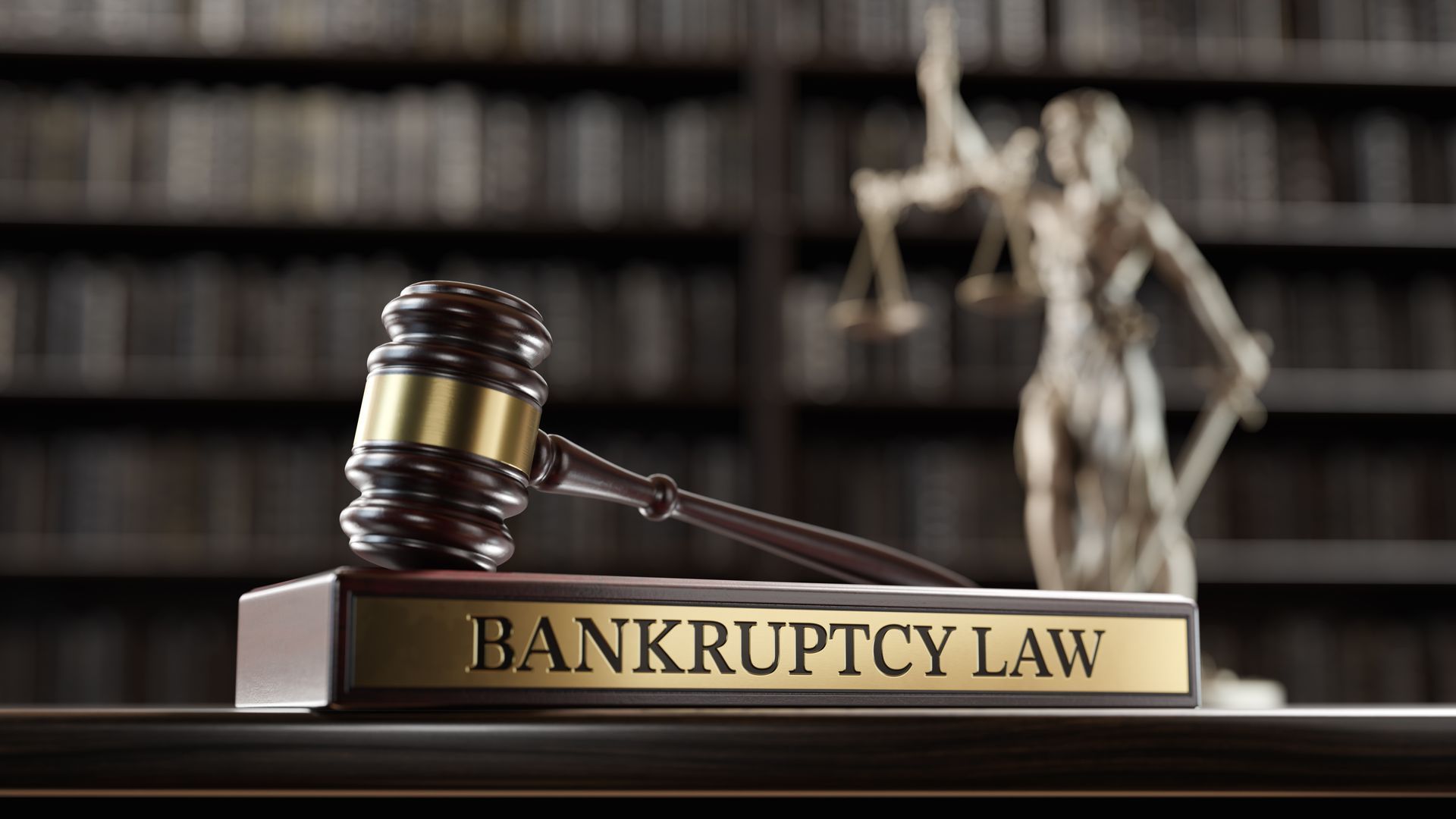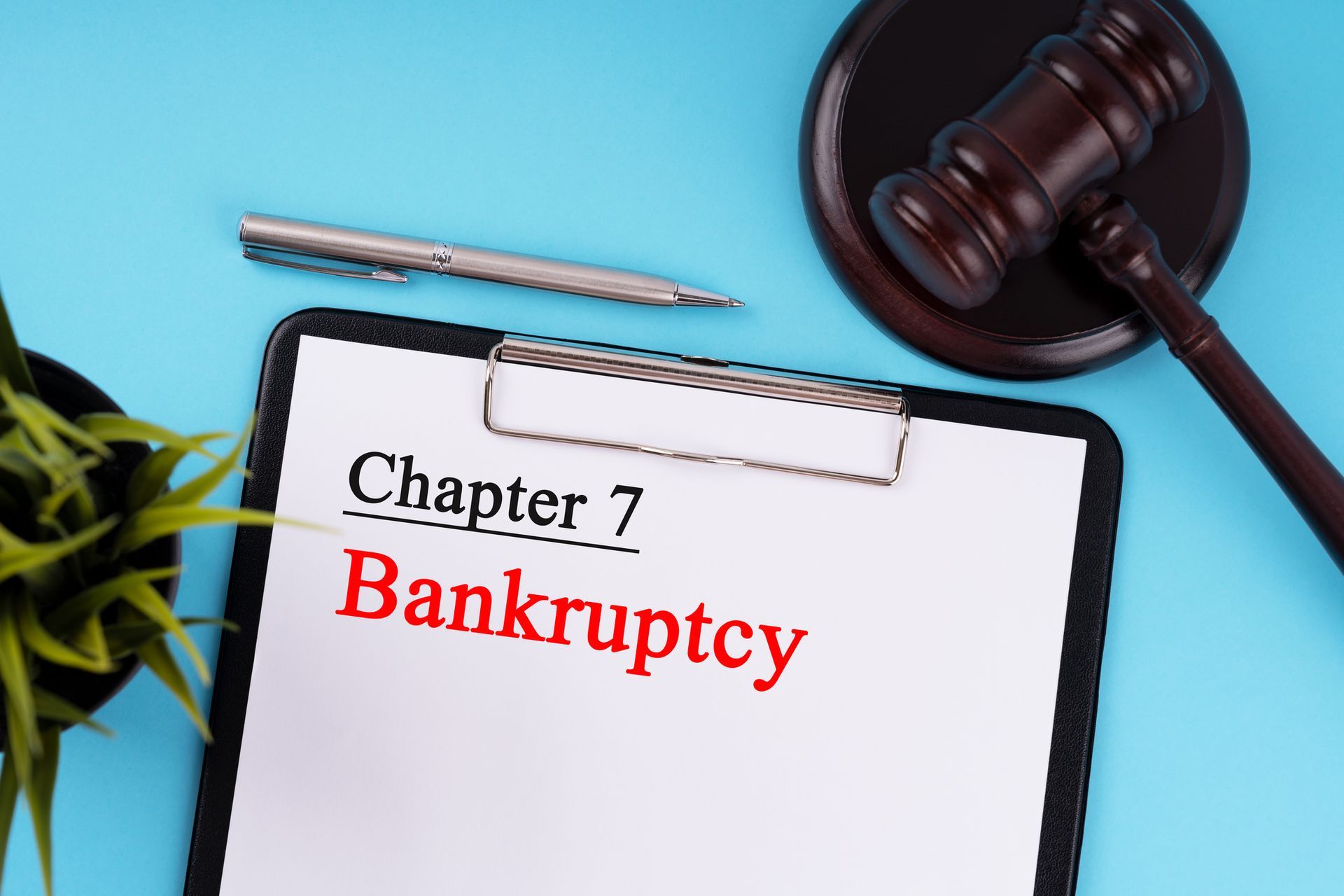Minimize Asset Loss With These Three Chapter 7 Bankruptcy Prep Tips

Just like taking a test without studying first almost guarantees a bad grade, filing chapter 7 bankruptcy with no preparation can ensure you'll lose valuable assets. To retain as much money and property as possible, take a moment to do these three things before heading to bankruptcy court.
1. Protect Your Cash
While cash in your bank accounts is counted as part of your bankruptcy estate, you can use exemptions to keep the trustee from taking it. For instance, in Michigan, welfare and unemployment benefits can't be touched, and you can use federal exemptions to protect up to 75 percent of earned but as yet unpaid wages.
However, the threat to your account funds can also come from your financial institution. If you owe money to the bank for another account you have with it (e.g. credit card or personal loan) that will be wiped out with your discharge, the bank may freeze your account so it can perform an offset.
An offset is when the bank takes money from your accounts to pay debts you owe it. The automatic stay prohibits the bank from snatching the cash right away, but it's perfectly legal for it to freeze the account so you can't take any money out either.
As you can imagine, this can worsen your already fragile financial situation. So, prior to filing bankruptcy, protect access to your cash by removing what's in the account and redirecting automatic deposits to a different financial institution whom you don't owe. This reduces the risk you'll be cut off from your money when you need it most.
2. Account for Expected Inheritances
Generally, cash and assets you receive after you've filed bankruptcy won't be included in your estate. If someone gives you an expensive piece of jewelry after filing chapter 7, for instance, you won't have to hand it over the trustee to be liquidated to pay bills.
The exception to this rule, however, are inheritances. Bankruptcy law may let the trustee confiscate any inheritance debtors are eligible for within 180 days of filing bankruptcy, even if their cases have already been discharged.
The clock starts when the individual giving you the asset dies — not when you receive it. So even if you don't get the money or property until a year after you filed bankruptcy, you may still be required to hand it over if the individual passed away any time in the six months prior to you turning in your petition. You are also required to report any expected windfalls to the court. Because of these reasons, your best option is likely to work with an attorney to protect the inheritance before you file.
This protection may include getting creative with exemptions to cover the value of the inheritance. Another possible option could be to have your benefactor put the assets in a trust prior to their death. As a last resort, you could wait and file after the deadline passes.
Regardless of what you ultimately decide to do, be sure to run your plan by a lawyer to avoid making a mistake that could get you accused of bankruptcy fraud.
3. Gather Gift Records
Speaking of bankruptcy fraud, the court will watch for transactions that indicate a debtor is hiding assets. One of the most common ways people hide assets is by transferring money and property to friends and family members. They may claim those items were gifts but, in reality, it's an asset-laundering arrangement.
According to Upsolve, if you genuinely gave someone a cash gift or property valuing $600 or more, you have to report it to the trustee and should provide any records proving it was a gift. Otherwise, the court may think you're trying to hide assets and file a clawback lawsuit to force the recipient to either hand over the property or pay its monetary value.
For more tips on preparing to file chapter 7 bankruptcy or help with your petition, contact our office for a consultation.























